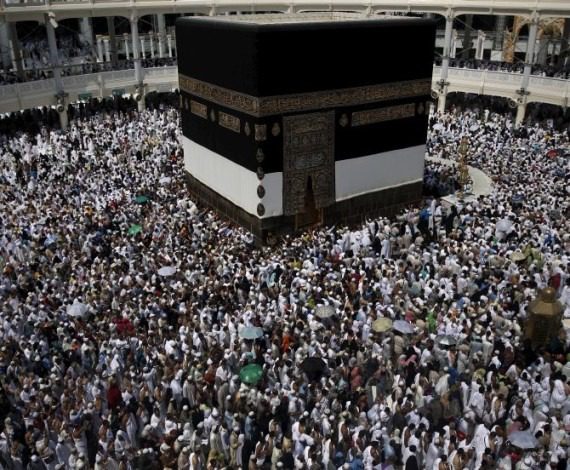National Issues
The Songs of Fuelessness and the Hope of Hopelessness -By Oloidi Olugbenga Ebenezer
The hope and expectations of the general populace that was kindled through the inauguration that took place on the 29th May, 2003, has been dashed with hopelessness. In the midst of this adversity and economic brouhaha, the NASS could still move the motion for N70 billion appropriation budget which Senator Ita Enang vociferously defended as “Statutory Transfer” and justified the fact that it was a right step to be taken. As if that was not enough, the same NASS would not mind whose ox is gored and would clamour for the approval of N40 billion for the acquisition of SUVs for their personal use.

Likening Nigeria to a fairy tale where different political ensembles are unfolding would necessarily depict the present reality. The popular saying that has emanated out of past experience in Nigeria that when a Government completes her tenure, the succeeding Government has been observed not to fair better. The simple but technical saying is beginning to play out in the new regime that is spearheaded by President Bola Ahmed Tinubu. Series of complaints were dominating the atmosphere during the reign of President Mohammed Buhari, especially on the standard of living of the common masses in which a great percentage of the populace was enmeshed in untold hardship and poverty. It was believed that no government could be worse than that of Buhari and there was a deep agitation for a new order to turn the situation for good. This agitation resonated into the inadvertent decision to try a neutral candidate and party. The Labour Party presidential candidate, Peter Obiwon the admiration of many people but the result of the election never went in his favour. One thing that was certain is the fact that the social media votes declared him the expected messiah but he became the president that never is.
The inaugural speech of BAT signalled the likely expectations of his regime where he declared that subsidy removal has come to stay. On that very day, the filling stations began to experience incessant queue due to panic-buy of premium motor spirit. It was a declaration without a proper preparation to cushion the rippled effect this could have on the masses. No one can boldly claim that he has not been hit with the removal of the subsidy. It was a good intention that was poorly executed. In a bid to cushion the effect, the Federal Government came up with a palliative measure in which every household be given a sum of N8,000. This measure has raised some insurmountable questions that are continuously begging for answers: what was the motive behind such a decision? What would a token of N8, 000 change in the family impoverishment? Can the sum buy a quarter bag of rice? Even if it does, would the rice be eaten without condiments and proteins? Could it be that this measure not has been put in place as a guise for corruption? These questions are endless and yet, no answers can be proffered.
Nigerians have identified the insensitivity of the National Assembly (NASS) with the recent debate on the popular maxim that: “Let the poor breathe.” The mockery of the poor is a clear indication that the so-called leaders are not bothered about the hardship that the removal of subsidy has brought. The hope and expectations of the general populace that was kindled through the inauguration that took place on the 29th May, 2003, has been dashed with hopelessness. In the midst of this adversity and economic brouhaha, the NASS could still move the motion for N70 billion appropriation budget which Senator Ita Enang vociferously defended as “Statutory Transfer” and justified the fact that it was a right step to be taken. As if that was not enough, the same NASS would not mind whose ox is gored and would clamour for the approval of N40 billion for the acquisition of SUVs for their personal use. This is indeed a flavoured icing on the cake baked for never-ending molestation of the masses and continuous entrenchment in the ocean of poverty and high standard of living. When will this melodrama ever come to an end?




















